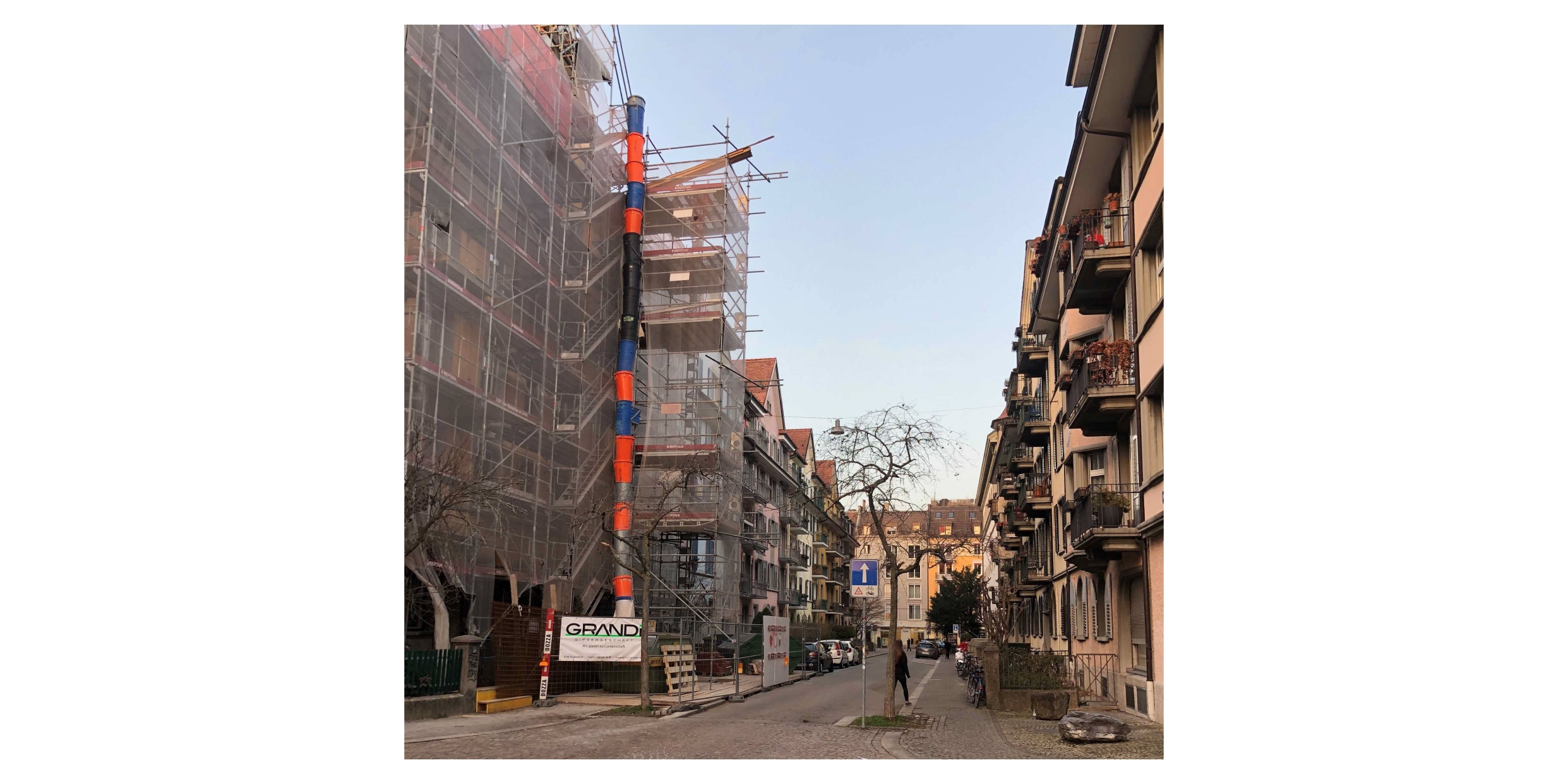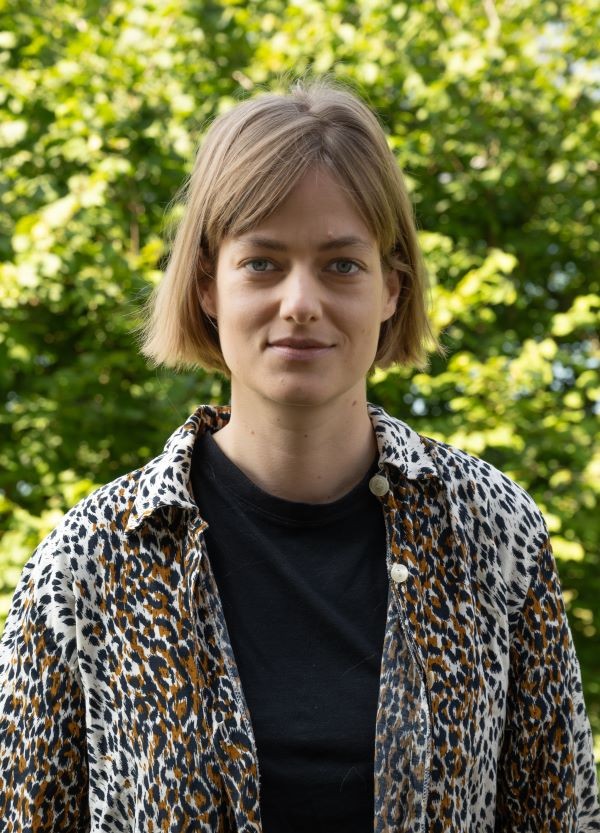Responsible City: Swiss Responses to Housing in Socio-Ecological Crisis
In the opening decades of the 21st century, cities have increasingly been threatened by perpetual global crises. Resulting processes of precarization, inequality, and climate vulnerability have triggered increasing controversies around how to respond to these socio-ecological crises and negotiate the trade-offs between environmental goals and questions of social justice. This project aims to understand how cities respond to socio-ecological controversies in housing. Based on an analysis of the most prominent housing controversies in two Swiss cities (Geneva and Zurich) we ask: What competing grammars of responsibility guide socio-ecological controversies in housing, how are they put into action and shape the urban fabric, and how can they be transformed into a politics of transition? This SNSF funded collaborative research project and brings together researchers from UZH, EPFL, UNINE, and ETH.
Link to the research project website: external page https://responsible.city/
Introduction
In the opening decades of the 21st century, cities have increasingly been threatened by perpetual global crises, including climate change, pandemics, financial speculation, and economic restructuring. As the resulting processes of precarization, inequality, and climate vulnerability manifest in cities, they have triggered increasing controversies around how to respond to these socio-ecological crises and negotiate the trade-offs between environmental goals and questions of social justice.
Empirically, the project focuses on controversies around housing and residential development in two Swiss cities (Zurich and Geneva), where the green transition is entangled with questions of social (in)justice around an acute housing crisis. Emerging controversies about who should deal with, pay the price for, or is liable for socio-ecological crises, as well as to whom responsibility in ongoing transformations is owed, provide an understanding of how urban actors respond to and advance competing moral claims in housing and urban development.

The Project
In tracing socio-ecological controversies in Swiss cities, the project pursues three objectives: First, the analysis of housing controversies contributes to a relational understanding of Swiss urban (residential) development. Across seven subprojects (SPs), it advances a comparative case-study analysis of prominent socio-ecological housing controversies in Zurich and Geneva. These include controversies around how to maintain housing, densify and plan cities and invest in the built environment. Moreover, in thinking relationally about responsibility, the project endeavors to trace global geographies of responsibility. Second, these empirical contributions provide the grounds for developing novel conceptualizations of responsibility and operationalize them for the urban realm. Third, analysis of how to produce responsible innovation translates new responsibility practices into urban policy. A systematic comparative analysis and knowledge transfer strategy serves to gather emerging insights in agenda-setting publications and practice-oriented outputs that support cities in their responses to socio-ecological threats.
The research conducted within the SPUR group specifically focuses on controversies around responsible planning to inquire into how urban planners, policymakers, and architects interpret, negotiate, and design responsible planning in order to reconcile socio-ecological controversies. The project will particularly investigate the impact of planning instruments and policies for urban transformations, such as densification, urban redevelopment, and the creation of mixed neighbourhoods on residents and neighbourhoods. Doing so, the project asks whether and how urban redevelopment leads to the displacement of low-income residents and how these processes impact residential segregation and gentrification and with that contribute to social inequalities.
Research Team
Project Lead
Deputy head of Inst Spatial and Landscape Development / Head of Network City and Landscape ARCH and BAUG
Raumentwicklung und Stadtpolitik
Stefano-Franscini-Platz 5
8093
Zürich
Switzerland

Doctoral Candidate
Raumentwicklung und Stadtpolitik
Stefano-Franscini-Platz 5
8093
Zürich
Switzerland

Further Team Members
- Project Leader: external page Hanna Hilbrandt, Professor in Social Geography and Urban Studies at the University of Zurich
- Project Leader SP1: external page Ifigeneia Dimitrakou, Senior Scientist in the Social Geography and Urban Studies group at the University of Zurich
- Project Leader SP2: external page Vincent Kaufmann, Professor at the Laboratory of Urban Sociology (LaSUR, EPFL)
- Project Leader SP 6: external page Luca Pattaroni, Professor at the Laboratory of Urban Sociology (LaSUR, EPFL)
- Project Leader SP7: external page Hugues Jeannerat, Professor at the Geography Institute of the University of Neuchâtel
- Researcher SP6: external page Maxime Felder, Postdoctoral researcher in the Laboratory of Urban Sociology (LaSUR, EPFL)
Partners
- external page Ola Söderström, Professor of Human Geography at the University of Neuchâtel
- external page Kenny Cupers, Professor of History and Theory of Architecture and Urbanism at the University of Basel
- external page Philippe Koch, Professor in Urban Politics at Zurich University of Applied Sciences (ZHAW)
- Jennifer Duyne Barenstein, Director of the ETH-Zurich Wohnforum
- Gabriela Debrunner, Postdoctoral researcher in the Spatial Development and Urban Policy group at ETH Zurich
- external page Armelle Choplin, Professor at the Department of Geography and at the Global Studies Institute, Geneva School of Social Sciences, University of Geneva